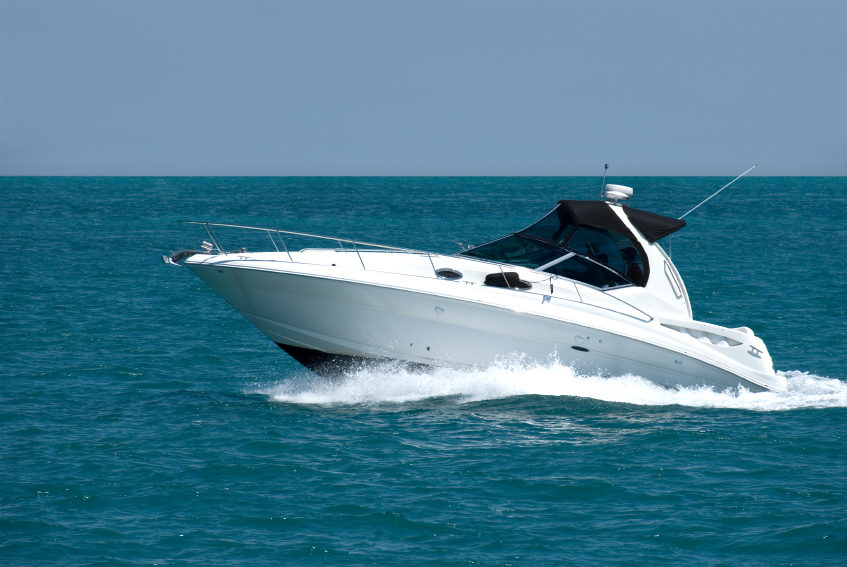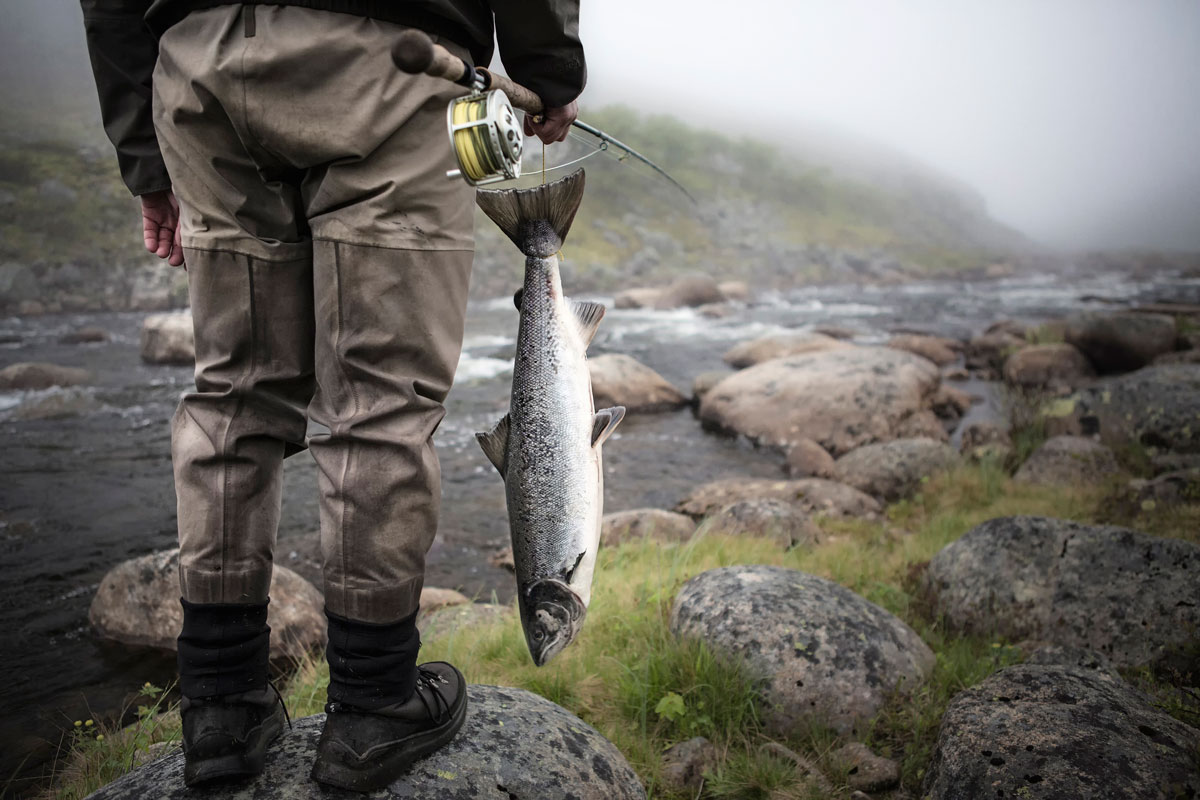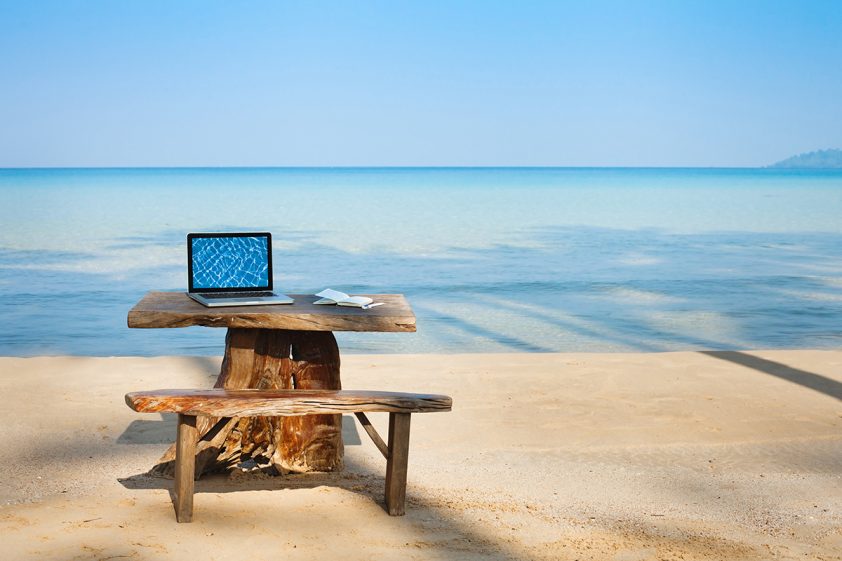Buying any used vehicle can be difficult. For most people, boats are even less familiar than cars, so it takes more than a keen eye to determine a good deal from a bad one.
To ensure your dream boat doesn’t turn into a nightmare, here are seven things to consider when looking for a secondhand boat in Australia.
1. How will you use your boat?
The type of boat and its capacity for size and power can vary greatly depending on whether you’re cruising locally and enjoying day trips, sitting fishing in a river, travelling extensively by water or using it for recreational activities like waterskiing or yacht racing.
2. How much power do you need?
Less power will frequently mean a lower price tag, however it can restrict certain activity like carrying heavy loads, towing or waterskiing. Be realistic about your skill with boats, and make sure you’re experienced to handle the type of boat you plan to buy.
3. Test the water
We’re a nation entirely girt by sea, so there’s a veritable smorgasbord of secondhand boats Australia has to offer. Adopt the try-before-you-buy method – spend time on a range of different boats, whether they’re hired or belong to friends, and see firsthand how they perform. Take time to do your research, ask boat owners for their opinions and become familiar with the various sizes and styles of boats and how they perform in different conditions.
4. Consider a broker
If you’re looking for a tinnie, it’s pretty straightforward. But if you fancy something more upmarket, consider using a reputable broker. Be very clear about what you want – type, price and condition.
5. Check it out
Look the boat over for stress fractures or quick-fixed areas. Aluminium boats can crack and corrode around joints, while fibreglass boats are prone to cracking from impact. Request the boat’s history, including maintenance records and the number of past owners. If a vessel has had several owners, there’s probably a reason it’s been passed on.
6. Get down to detail
From engine to structure, rigging, wiring and on-board gear, there are plenty of areas where problems can lurk. Unforeseen issues can be costly, blowing your ‘great buy’ right out of the water. If you’re out of your depth, consult a marine surveyor.
7. Hidden costs
Not all secondhand boats come with on-board gear, and if you don’t already have the required safety equipment, you’ll need to factor it into the cost. Will you keep it in a marina? That’s an extra expense. If you’re planning to store it on dry land, you’ll need a suitable trailer with a decent winch.
Once you’ve found the perfect boat, keep the paperwork. This should include a written and signed agreement, signed receipts and documentation of the boat code or HIN (hull identification number) and manufacturer’s plate.
Finally, before you take your secondhand boat out on the water, make sure you register it with the Department of Transport in your state.
Before you make that final decision, perhaps you’d like to understand more about the real costs of boat ownership.





